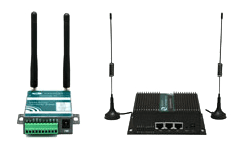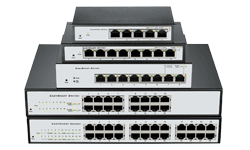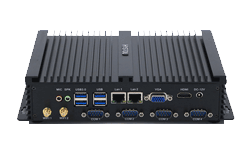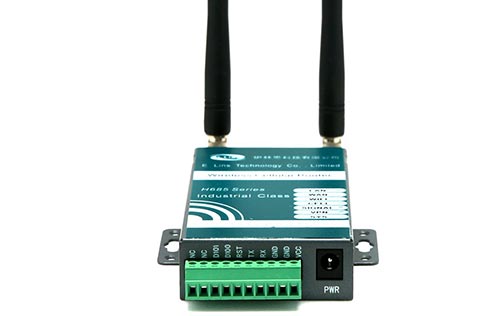Are 4G routers worth it?
Oct 15,2024 | Views: 164
4G routers can be a worthwhile investment for many people, depending on their specific needs and circumstances. Let's explore some pros and cons to help you decide if a 4G router is right for you:
1. Portability: 4G routers are typically small and lightweight, making them easy to carry around and use in various locations.
2. No fixed-line required: You don't need a physical broadband connection, which is great for areas with poor fixed-line infrastructure or for people who move frequently.
3. Quick setup: They're usually plug-and-play devices, requiring minimal configuration.
4. Backup internet: Can serve as a reliable backup for your primary internet connection.
5. Flexibility: Useful for temporary locations like vacation homes or construction sites.
1. Data caps: Many 4G plans come with data limits, which can be restrictive for heavy internet users.
2. Cost: Data plans for 4G routers can be more expensive than fixed-line broadband, especially for large data allowances.
3. Speed fluctuations: 4G speeds can vary depending on network congestion and signal strength.
4. Coverage limitations: Not all areas have strong 4G coverage, which can affect performance.
5. Higher latency: Generally, 4G connections have higher latency than fixed-line broadband, which can impact online gaming or video calls.
- Your data usage habits
- Your need for portability
- Budget considerations
Consider your specific needs and compare the costs and benefits before making a decision. It might also be worth checking if 5G routers are available in your area, as they can offer even faster speeds and lower latency.
Prev: What is the 5G Ethernet port for?
Next: Choose the Right 5G Modem Manufacturer for Your Needs
Pros:
1. Portability: 4G routers are typically small and lightweight, making them easy to carry around and use in various locations.
2. No fixed-line required: You don't need a physical broadband connection, which is great for areas with poor fixed-line infrastructure or for people who move frequently.
3. Quick setup: They're usually plug-and-play devices, requiring minimal configuration.
4. Backup internet: Can serve as a reliable backup for your primary internet connection.
5. Flexibility: Useful for temporary locations like vacation homes or construction sites.
Cons:
1. Data caps: Many 4G plans come with data limits, which can be restrictive for heavy internet users.
2. Cost: Data plans for 4G routers can be more expensive than fixed-line broadband, especially for large data allowances.
3. Speed fluctuations: 4G speeds can vary depending on network congestion and signal strength.
4. Coverage limitations: Not all areas have strong 4G coverage, which can affect performance.
5. Higher latency: Generally, 4G connections have higher latency than fixed-line broadband, which can impact online gaming or video calls.
Whether a 4G router is worth it depends on factors such as:
- Your location and available internet options- Your data usage habits
- Your need for portability
- Budget considerations
- The strength of 4G coverage in your area
Consider your specific needs and compare the costs and benefits before making a decision. It might also be worth checking if 5G routers are available in your area, as they can offer even faster speeds and lower latency.

 Networking
Networking EMBEDDED SYSTEMS
EMBEDDED SYSTEMS Switches
Switches Wireless Solutions
Wireless Solutions Industrial Computer
Industrial Computer Cloud Services
Cloud Services




